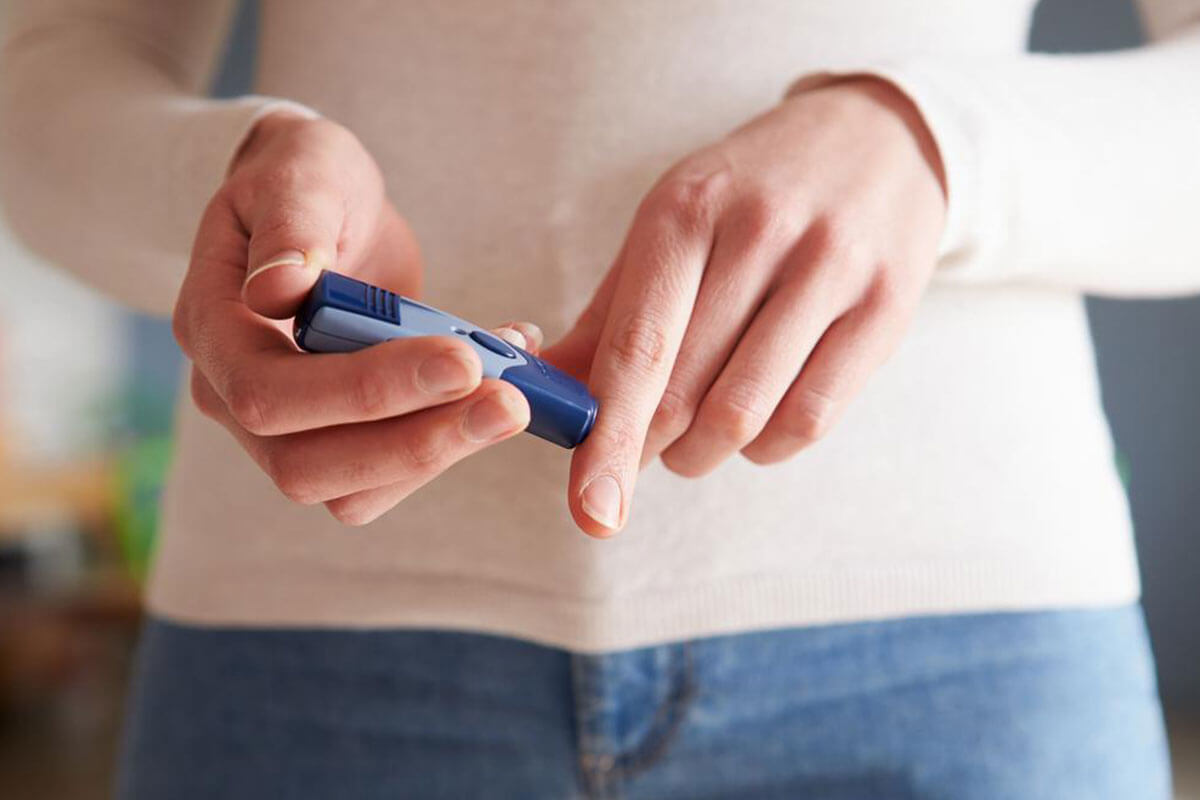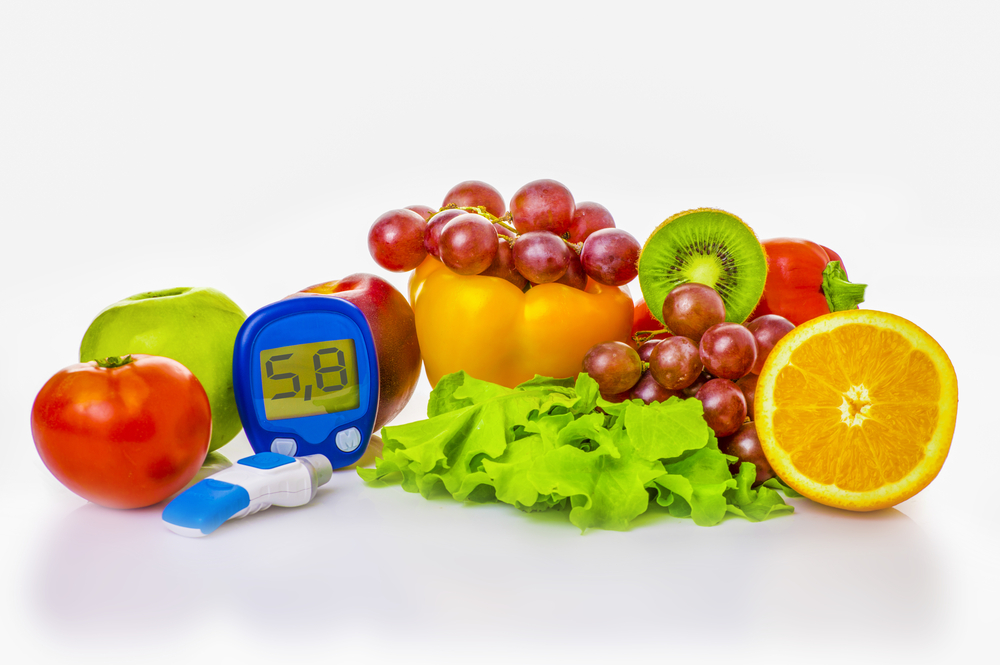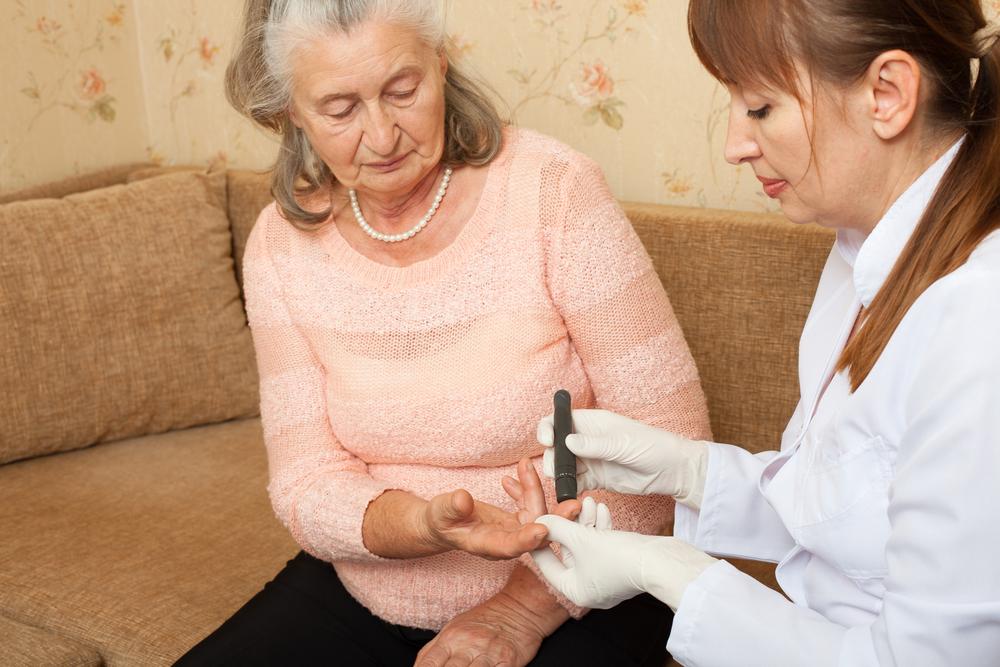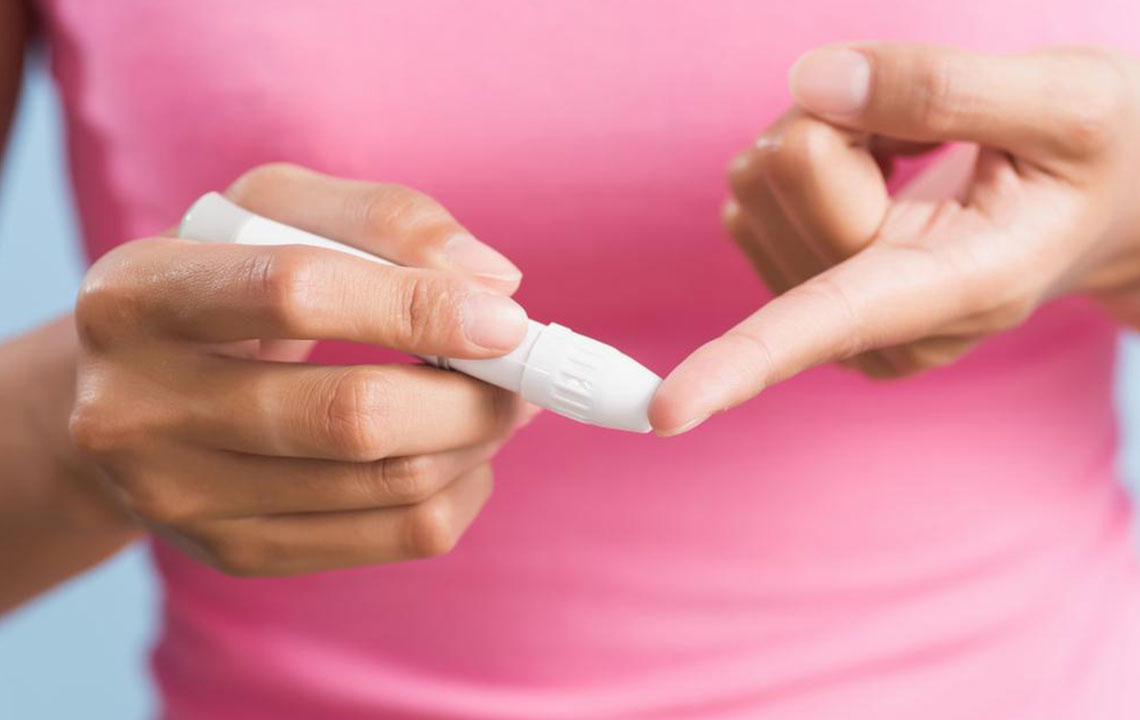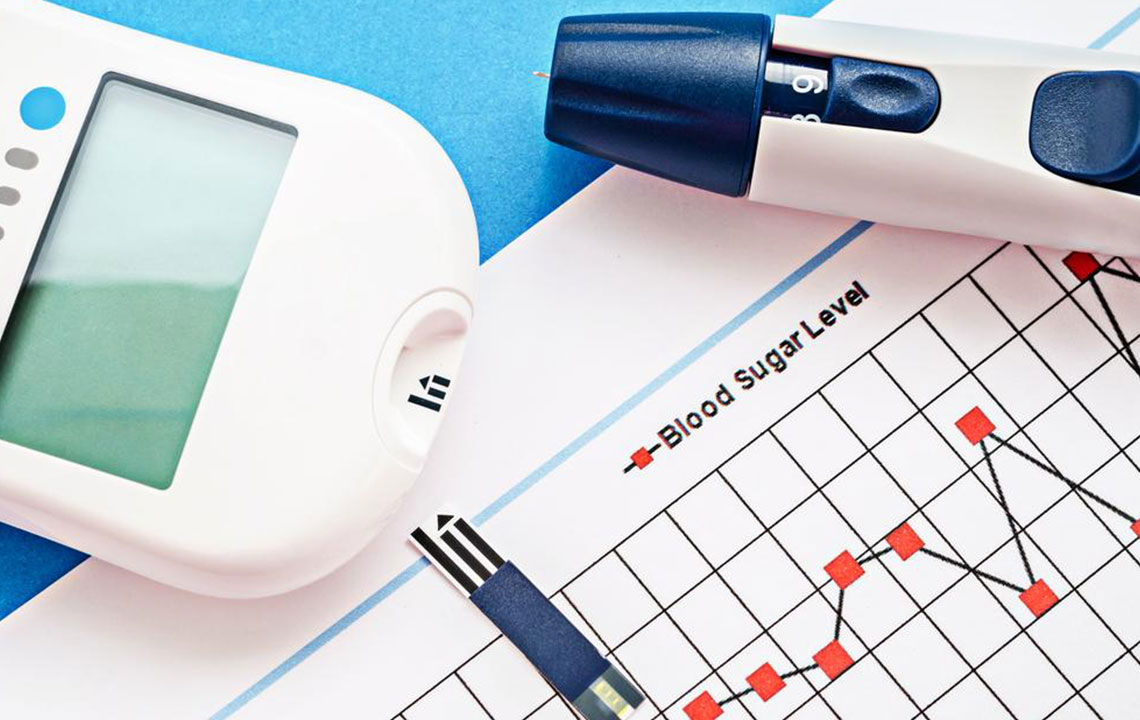All You Need to Know about Blood Glucose Test
A blood glucose test gives a measurement of the glucose or sugar level in the blood. When it comes to energy in the body, there can be no better source than glucose; it’s the major generator of energy. The food we eat contains carbohydrates which are converted into glucose.
Insulin is a hormone that controls the amount of sugar in the bloodstream. If the insulin production is inhibited, it causes diabetes.
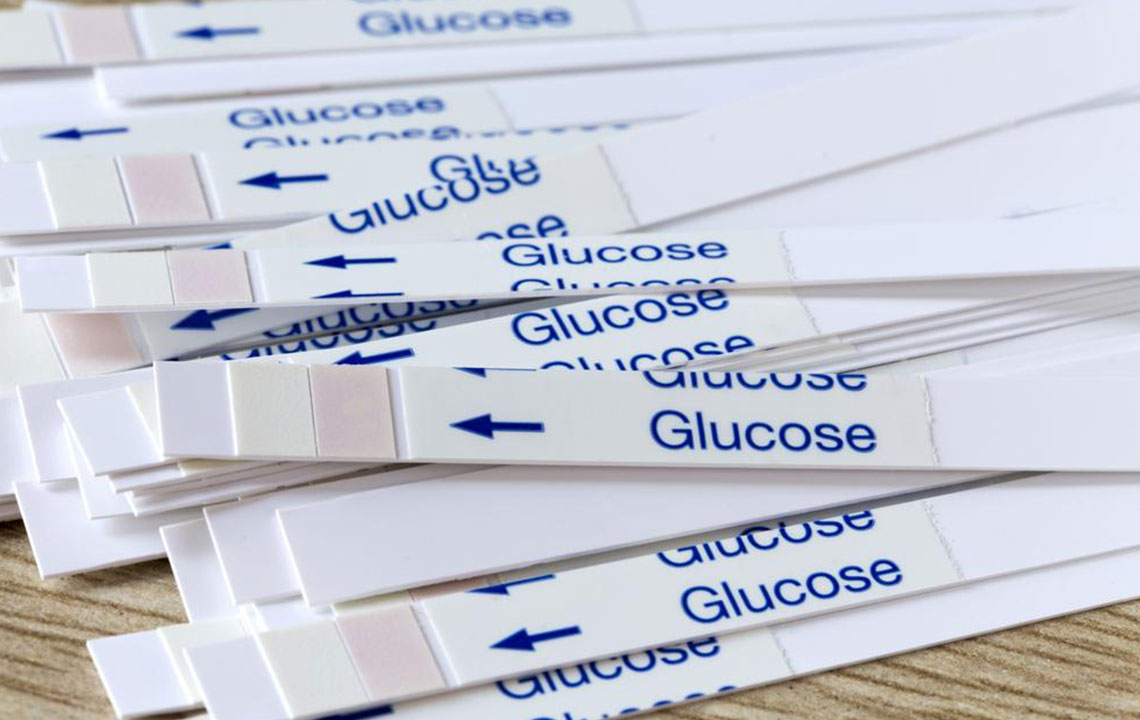
Blood glucose test is used to find the kind of diabetes. Diabetes is caused when blood sugar level increases. Diabetes is of three types type 1 diabetes, type 2 diabetes, and gestational diabetes. A sugar test helps the doctors to keep a control on diabetes and recommend a better treatment. In some cases, the blood glucose level may reduce in the body resulting in health problem named hypoglycemia.
Types of diabetes
Type 1 diabetes: It occurs in children when their bodies fail to produce sufficient insulin. Type 1 diabetes is chronic which requires prolonged treatment.
Type 2 diabetes: Type 2 diabetes occurs in adults and overweight people when their bodies don’t make enough insulin. Type 2 diabetes is diagnosed timely and can be prevented by healthy eating habits and weight loss.
Gestational diabetes: It is diagnosed in pregnant women. With adequate treatment, the problem goes away.
Causes of high glucose level in blood
Kidney infections, pancreatic cancer, high thyroid (hyperthyroidism), inflammation in pancreas, stress, tension, and surgeries are potential causes of high glucose level in blood. When the blood glucose level increases, it produces cortisol which results in acromegaly.
Low blood glucose levels have a bad impact on our health. The condition is known as hypoglycemia. Some of the causes of hypoglycemia are starvation, liver disease, underactive thyroid (hypothyroidism), insulinoma (pancreatic tumor).
How to get ready for blood glucose test
Blood glucose tests are of two types, random and fasting tests. The fasting blood glucose tests give more accurate results for sugar tests. You should not eat or drink anything before the test. The fasting glucose test must be done in the morning hours. However, for a random glucose test, you can eat or drink. The test gives a blood sugar level irrespective of what you ate last. Random tests can be taken different times in a day. The blood glucose level in healthy people doesn’t vary too much.
Oral glucose tolerance tests are used to check diabetes for a patient. The test is highly used to detect the sugar levels in pregnancy (or women who suffer from gestational diabetes). The blood glucose levels are measured after the intake of sweet liquid at specific time intervals. Glyco-hemoglobin or hemoglobin A1c helps find how much glucose is attached to the red blood cells (RBCs) and thereby detect diabetes.
You must inform the doctor about medications, drugs, prescriptions you are undertaking. The medications affect the blood glucose levels in our body. For glucose test, you must not take any medications before the test. Certain medicines which affect the blood glucose levels are steroids, birth control pills, aspirin, lithium, hormone therapy, corticosteroids, adrenalin, monoamine oxidase inhibitors, and atypical antipsychotics. Stress levels due to heart attack, trauma, stroke, and surgery can increase the blood sugar level temporarily.
How is blood glucose test conducted?
The blood glucose test begins with a small blood sample. A doctor pricks your finger to collect a blood sample. In some cases, the doctor can even draw blood from the vein using injections. The doctor applies antiseptic r or cleaning solution to kill the bacteria. An elastic band is tied to the upper arm which causes the veins to swell with blood. The doctor injects a sterile needle into the vein. The blood is drawn from the vein. After the blood has been drawn, a cotton ball is put on the puncture site. A due pressure is applied to prevent blood flow and bruising. Then, the sample of blood is sent to a laboratory in order to test it. Once the reports are analyzed, the doctor will provide you the results of the blood test.
Results of blood glucose test
A normal blood glucose level lies between 70 and 100 milligrams per deciliter (mg/dL) for fasting glucose test. A random glucose test has normal glucose levels under 125 mg/dL. However, if the blood test results are abnormal it indicates that the patient may probably have diabetes.
Fasting blood glucose test
- A blood glucose level of 100-125 mg/dL reveals that you suffer from pre-diabetes.
- A blood glucose level of 126 mg/L and more indicates that you suffer from diabetes.
Random blood glucose test
- A blood glucose level of 140-199 mg/dL means that you suffer from pre-diabetes.
- A blood glucose level of 200 mg/dL and more indicates that you suffer from diabetes.
